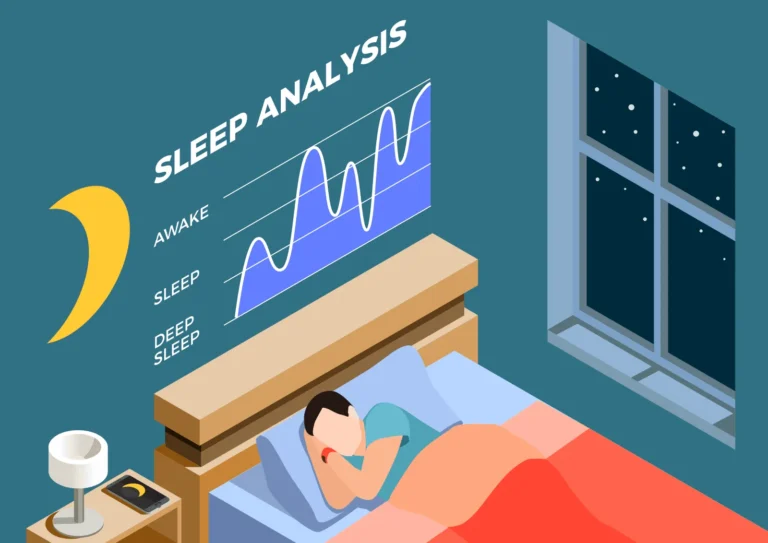In our fast-paced world, we’re often pressured to make quick decisions. Whether it’s choosing a new job, buying a house, or even selecting items at a garage sale, we rely heavily on first impressions. But what if taking a pause—specifically, sleeping on it—could lead to better choices? Recent research from Duke University sheds light on this age-old advice, revealing surprising insights into how sleep affects our decision-making process.
The Science Behind First Impressions
We’ve all heard the saying, “You never get a second chance to make a first impression.” This isn’t just folk wisdom; it’s backed by solid scientific evidence. Psychologists have long known that initial judgments are remarkably persistent, often influencing our opinions even when contradicted by later information.
This phenomenon, known as primacy bias, can significantly impact our choices in various aspects of life. From job interviews to dating, these snap judgments can lead us astray, causing us to overlook valuable information that comes later.
The Garage Sale Experiment: Unveiling Decision-Making Patterns
To explore this further, researchers at Duke University devised an ingenious experiment mimicking a virtual garage sale. Published in the Journal of Experimental Psychology: General on September 9, 2024, the study offers fascinating insights into how we make decisions and the surprising role of sleep in this process.
Methodology: Unpacking the Virtual Boxes
Participants in the study were presented with virtual boxes filled with various items, ranging from low-value “junk” to higher-value “gems.” The twist? While the total value of items in each box was identical, the arrangement varied:
- Some boxes had valuable items on top
- Others had them clustered in the middle or bottom
- A few had valuable items intermixed throughout
Participants were asked to estimate the value of each box and choose their favorites. The catch? Some made their decisions immediately, while others slept on it before deciding.

Immediate Decisions: The Pitfall of First Impressions
When forced to make snap judgments, participants consistently fell into the trap of primacy bias:
- They favored boxes with valuable items on top
- These “first impression” boxes were overvalued by about 10%
- Paradoxically, participants struggled to recall specific valuable items from these preferred boxes
This pattern demonstrates how powerful first impressions can be, even when they lead to less accurate assessments.
The Sleep Effect: A Game-Changer in Decision-Making
Here’s where it gets interesting. Participants who slept before making their decisions showed markedly different behavior:
- They made more balanced choices, equally favoring boxes regardless of where the valuable items were placed
- Their estimates of box values were more accurate
- They showed better recall of the box contents
This suggests that sleep plays a crucial role in how our brains process and integrate information, leading to more rational decision-making.
The Science Behind Sleeping on It
Lead author Allie Sinclair, now a postdoctoral fellow at the University of Pennsylvania, explains, “When it’s over, our brain knits it all together in memory to help us make better choices – and that neat trick happens overnight.”
Dr. Alison Adcock, a Duke professor of psychiatry and behavioral sciences, adds that this research provides “an exciting first look at how our brains summarize a rewarding experience.”
Practical Implications: When to Sleep on It
While quick judgments can be useful for low-stakes decisions—like deciding whether to continue watching a movie or reading a book—the study suggests that for more significant choices, taking time to sleep on it can be beneficial.
Consider “sleeping on it” when:
- Making career decisions
- Choosing a place to live
- Evaluating potential business partnerships
- Making significant purchases
By allowing your brain time to process and integrate all available information, you’re more likely to make a decision that considers the full picture, not just the initial impression.
Related Stories
Balancing Quick Decisions and Deliberation
It’s important to note that this research doesn’t suggest we should always delay decisions. In many situations, especially those requiring immediate action, quick judgments are necessary and valuable. The key is recognizing when a decision is important enough to warrant a night’s sleep before finalizing.
Conclusion: Harnessing the Power of Sleep for Better Decisions
This groundbreaking research from Duke University offers scientific backing to the age-old advice of “sleeping on it.” By understanding the powerful influence of first impressions and the balancing effect of sleep, we can make more informed, rational decisions in both our personal and professional lives.
Next time you’re faced with an important decision, consider giving yourself the gift of time. A good night’s sleep might just be the secret ingredient to making choices you won’t regret in the long run.
Remember, in a world that often demands instant responses, sometimes the wisest decision is to pause, reflect, and allow your brain the time it needs to process all the information at hand. After all, as this research shows, there’s real power in sleeping on it.
Reference: “First impressions or good endings? Preferences depend on when you ask.” by Alyssa H. Sinclair, Yuxi C. Wang and R. Alison Adcock, 9 September 2024, Journal of Experimental Psychology: General.




Comments are closed.